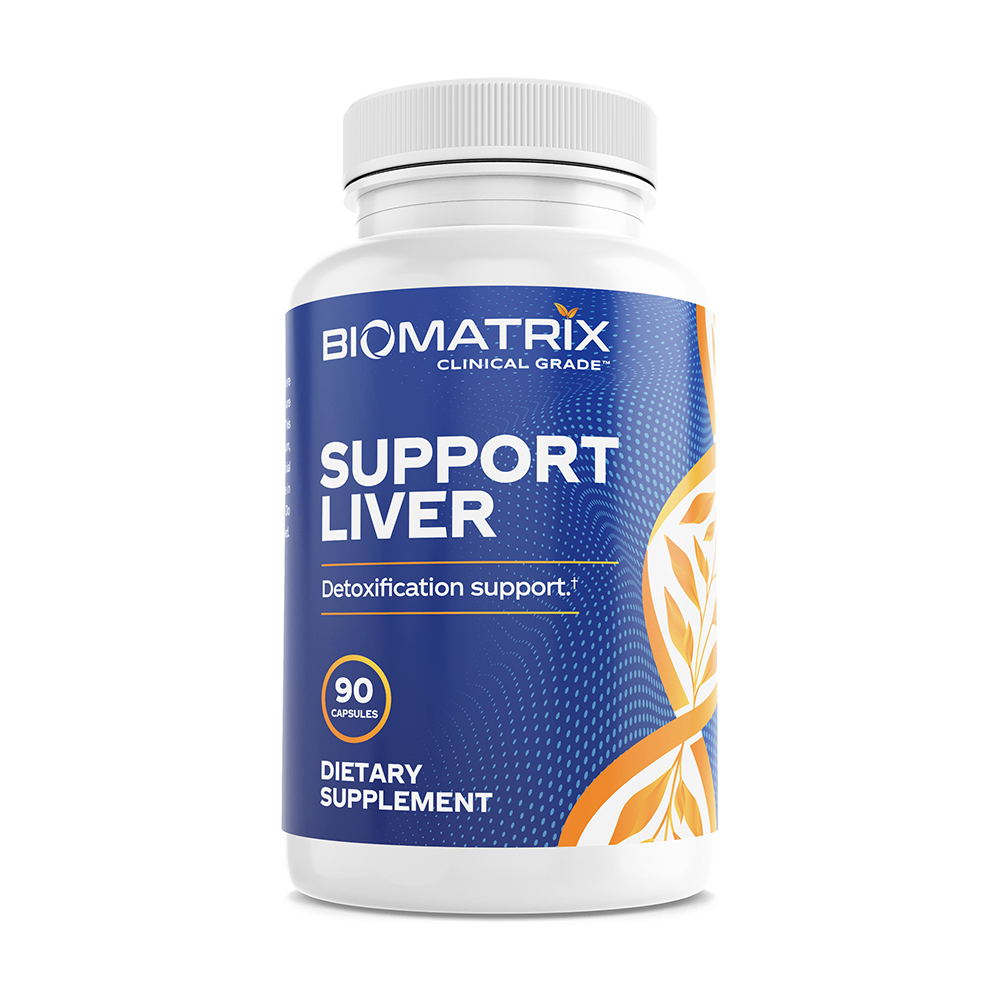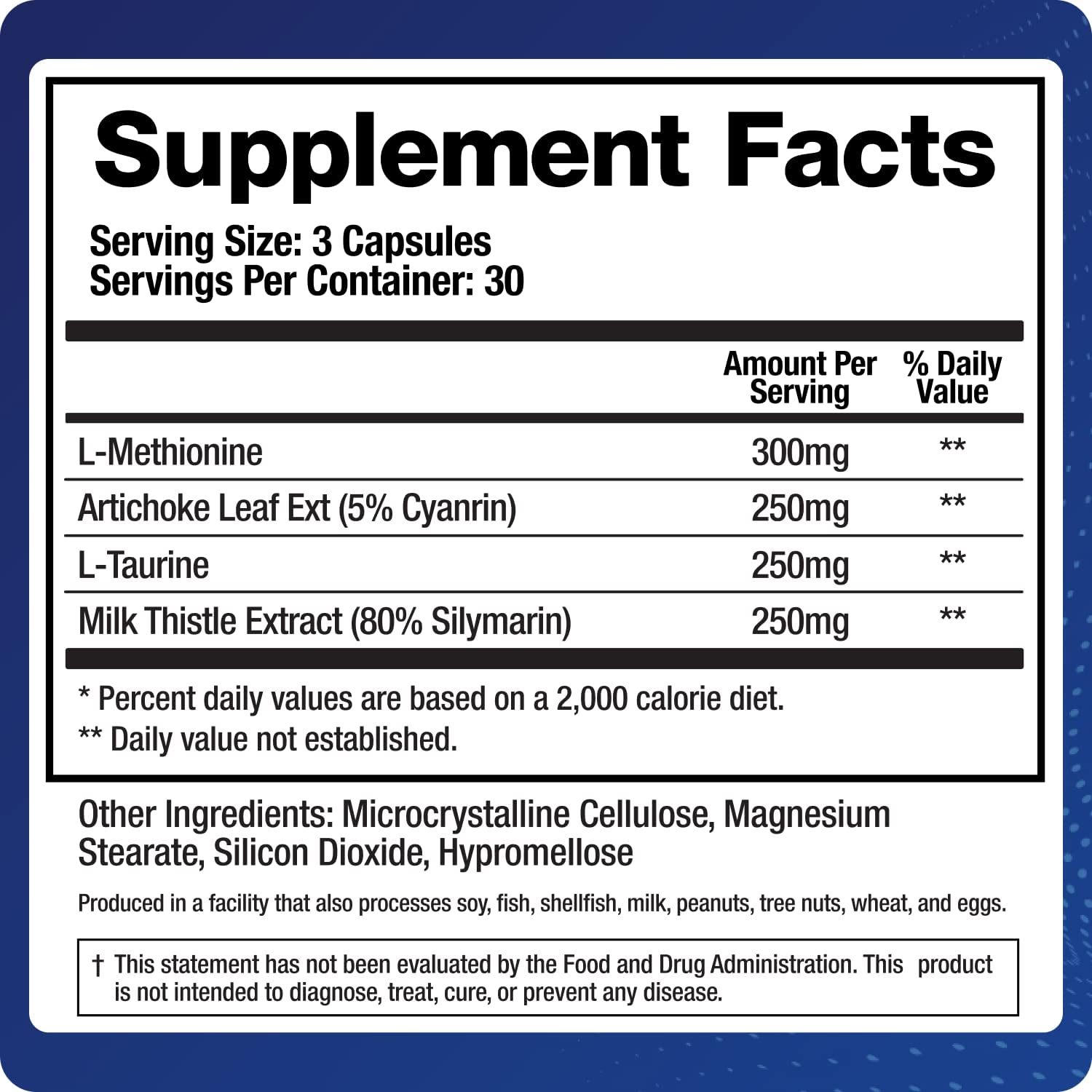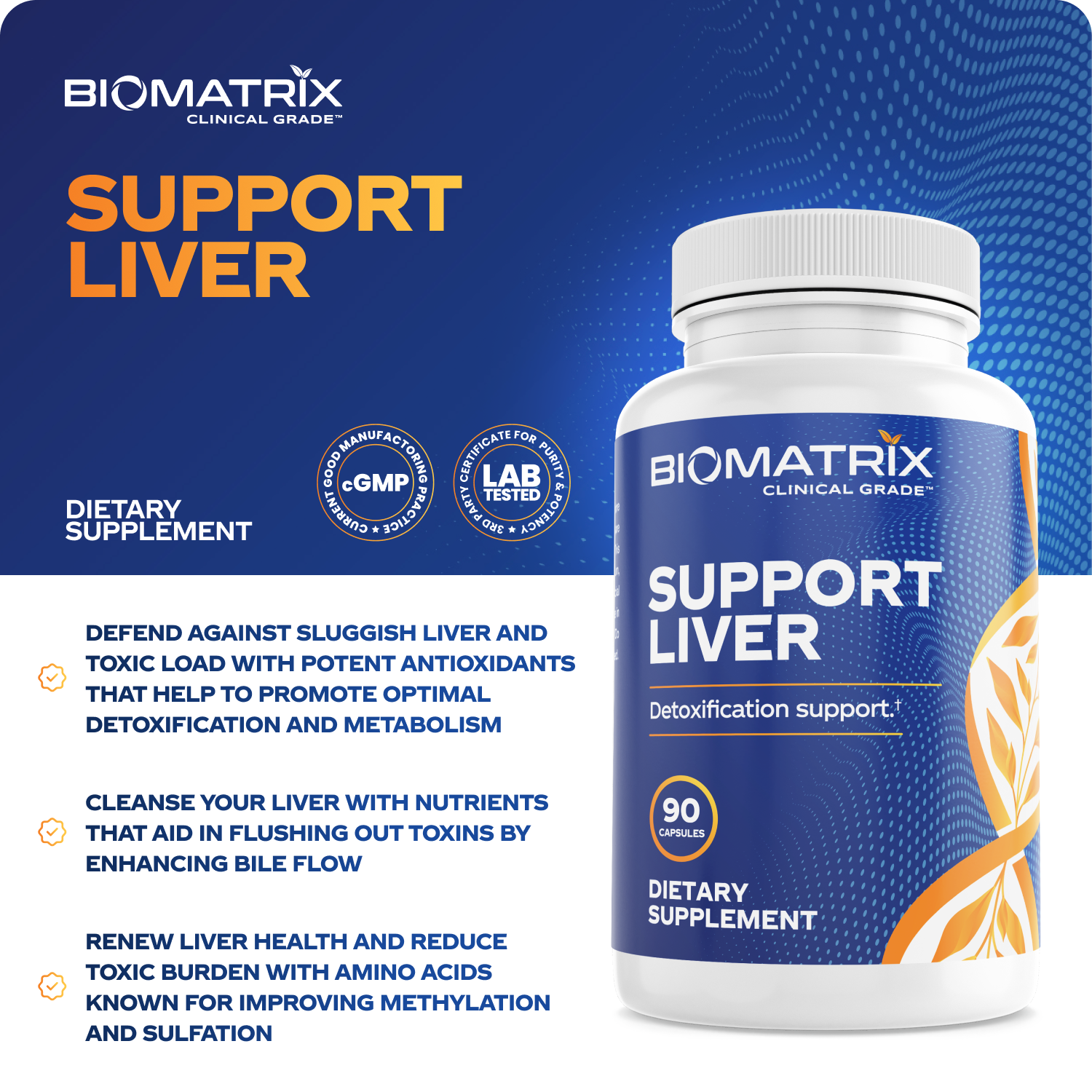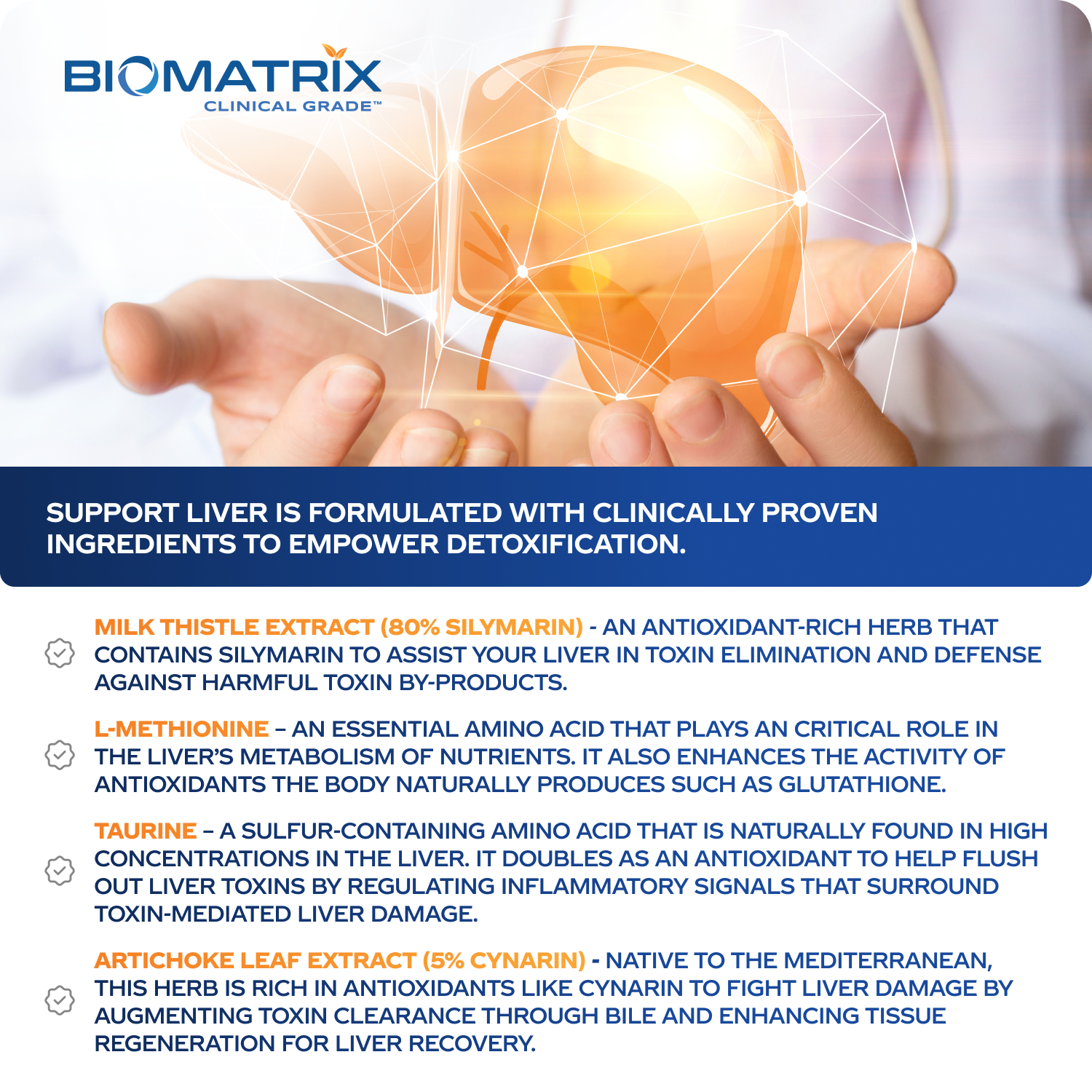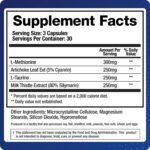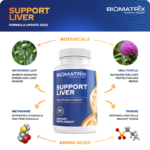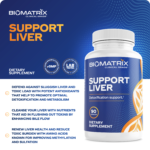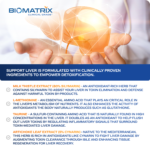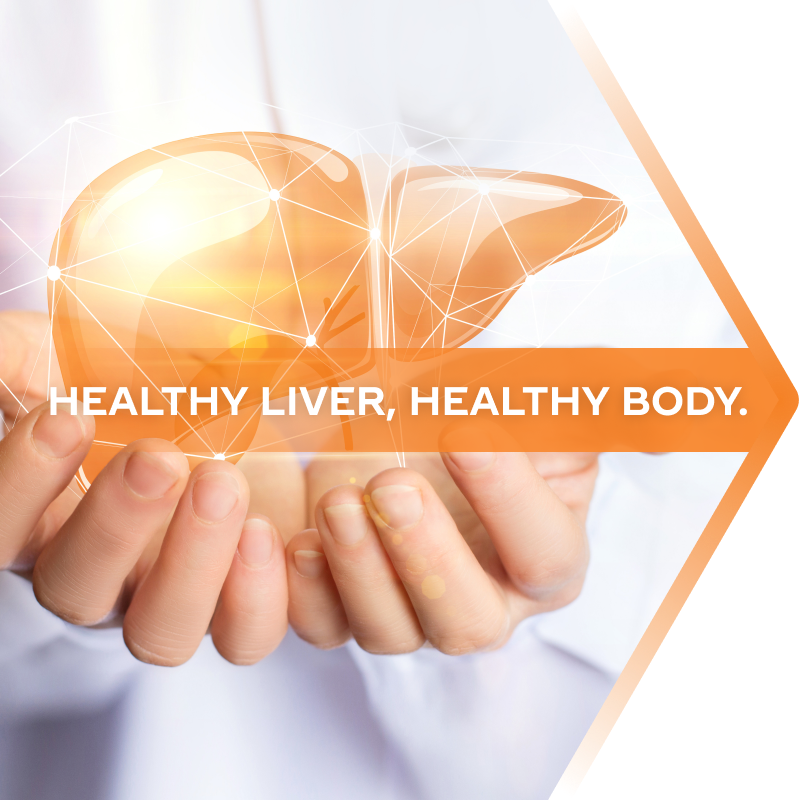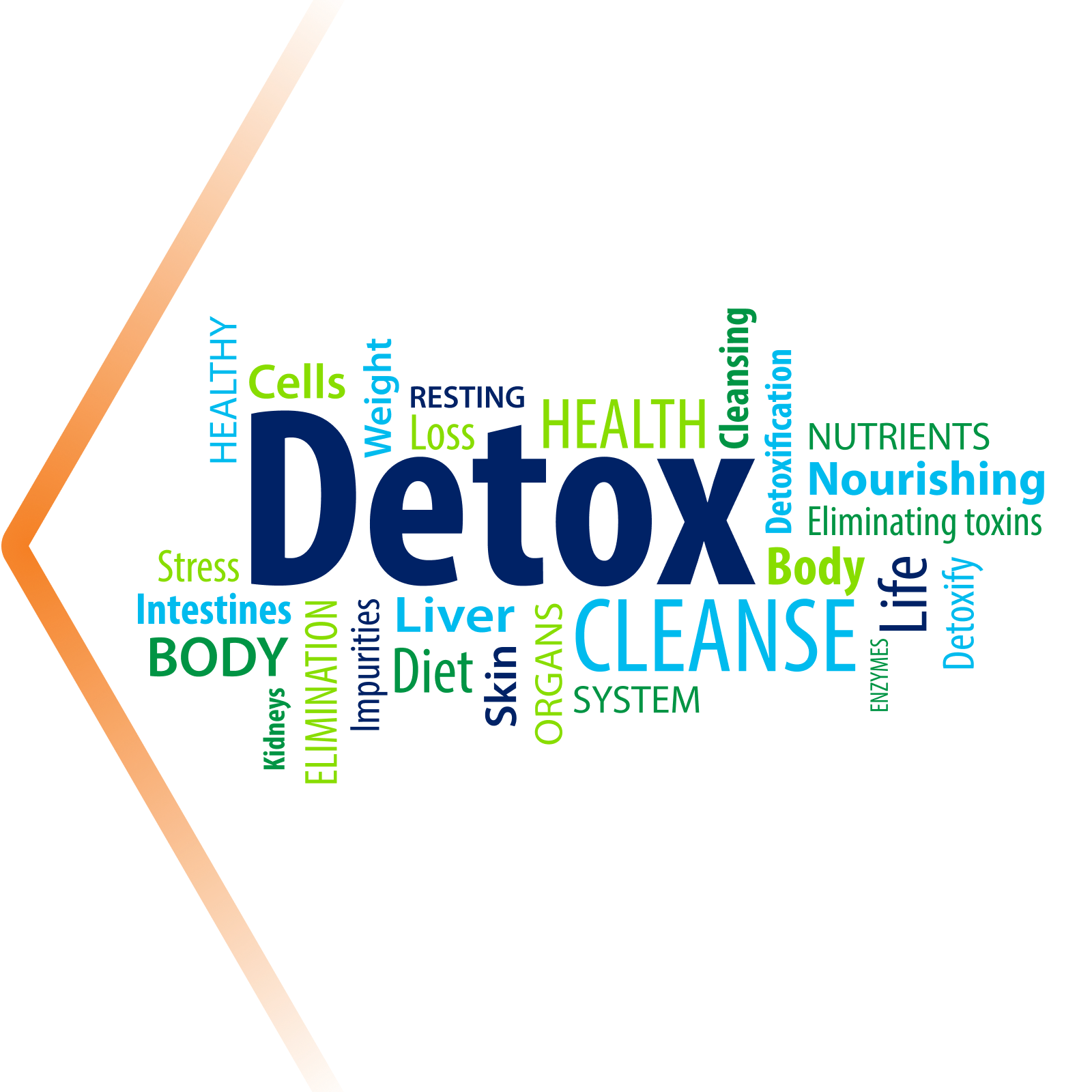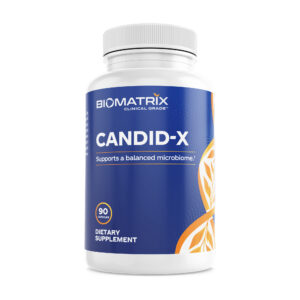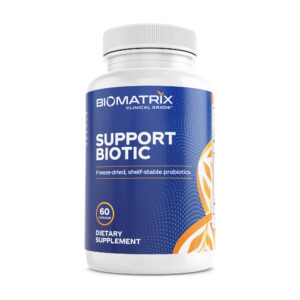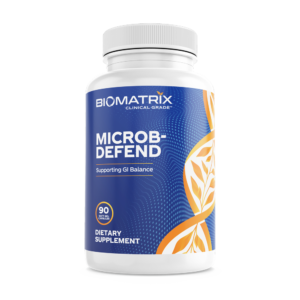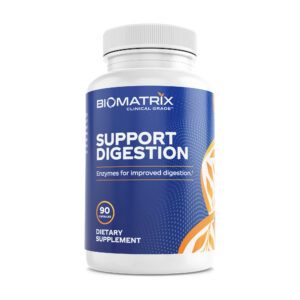Milk Thistle Extract – Herbalists and physicians alike used the milk thistle for hundreds of years to treat a wide range of liver pathology, including fatty liver disease, hepatitis, cirrhosis, and to protect the liver from environmental toxins. Today, millions of people consume milk thistle to support healthy liver function. Researchers have focused their efforts on studying silymarin, a mixture of flavonolignans extracted from milk thistle, and the most active ingredient of this extract, silybin. [1-4] Milk thistle exhibits its hepatoprotective properties by three major mechanisms: 1) serving as an antioxidant, 2) an anti-inflammatory, and 3) an antifibrotic substance. [2-4] The anti-inflammatory properties of milk thistle are attributable to its ability to regulate cytokines responsible for inducing inflammation. Milk thistle has been shown to down-regulate and inhibits the expression of COX-2, a key mediator of inflammatory pathways. [5]
L-Methionine – The body uses this essential amino acid to produce antioxidants including glutathione [6]. Healthy methionine levels also enhance liver metabolism of proteins and amino acids. This vital process involves breaking down these molecules to release key nutrients such as glucose (sugar) or healthy fats (lipids). Liver metabolism also promotes the removal of harmful substances (e.g., toxins, nitrogen) that may be attached to food molecules [7]. Accordingly, a methionine deficiency is linked to liver problems that can worsen complications for people suffering from poor liver function [8].
Taurine – In studies regarding poor liver health, taurine supplementation has been shown to raise liver taurine levels dramatically, which subsequently leads to better liver function [9]. Maintaining healthy levels of taurine also lowers the incidence of liver cell damage and reactive oxygen species (ROS) formation [9-10]. The buildup of ROS leads to oxidative stress that can damage cells, worsen fat accumulation, and cause various health problems. Taurine supplementation helps preserve liver function by targeting oxidative stress, supporting fat breakdown, heightening antioxidant enzyme activity, and boosting glutathione levels [9-10].
Artichoke Extract – Artichoke (Cynara scolymus) leaf extract (ALE) contains many phytonutrients that may have antioxidant and anti-inflammation activities against many diseases including liver damage. Artichoke has demonstrated antioxidant activity through decreased production of reactive oxygen species, decreased lipid peroxidation and increased activity of glutathione peroxidase. [11] Pooled analysis, of eight clinical trials, revealed that artichoke supplementation significantly reduced the concentration of aspartate aminotransferase (AST) and alanine transaminase (ALT), in comparison with placebo. [12] Subgroup analysis suggested that artichoke administration significantly reduces AST and ALT in patients with non-alcoholic fatty liver disease and ALT among overweight/obese subjects. [11-14]
References
- Loguercio C, Festi D. Silybin and the liver: from basic research to clinical practice. World J Gastroenterol. 2011 May 14;17(18):2288-301.
- Abenavoli L, Bellentani S. Milk thistle to treat non-alcoholic fatty liver disease: dream or reality? Expert Rev Gastroenterol Hepatol. 2013 Nov;7(8):677-9.
- Schümann J, Prockl J, Kiemer AK, Vollmar AM, Bang R, Tiegs G. Silibinin protects mice from T cell-dependent liver injury. J Hepatol. 2003 Sep;39(3):333-40.
- Wellington K, Jarvis B. Silymarin: a review of its clinical properties in the management of hepatic disorders. BioDrugs. 2001;15(7):465-89.
- Loguercio C, Nardi G, Argenzio F, et al. Effect of S-adenosyl-L-methionine administration on red blood cell cysteine and glutathione levels in alcoholic patients with and without liver disease. Alcohol 1994;29:597-604.
- Li Z, et al. Methionine metabolism in chronic liver diseases: an update on molecular mechanism and therapeutic implication. Signal Transduct Target Ther. 2020;5(1):280.
- Parcell S. Sulfur in human nutrition and applications in medicine. Altern Med Rev. 2002;7:22-44.
- Boucknooghe T, Remacle C, Reusens B. Is taurine a functional nutrient? Curr Opin Clin Nutr Metab Care. 2006;9:728-33.
- Xu YJ, et al. Review The potential health benefits of taurine in cardiovascular disease. Exp Clin Cardiol. 2008;13(2):57-65.
- Birdsall TC. Therapeutic applications of taurine. Altern Med Rev. 1998;3:128-36.
- Küskü-Kiraz Z., Mehmetçik G., Dogru-Abbasoglu S., Uysal M. Artichoke leaf extract reduces oxidative stress and lipoprotein dyshomeostasis in rats fed on high cholesterol diet. Phytotherapy Research. 2010;24(4):565–570. doi: 10.1002/ptr.2985.
- Zapolska-Downar D., Zapolski-Downar A., Naruszewicz M., Siennicka A., Krasnodbska B., Kolodziej B. Protective properties of artichoke (Cynara scolymus) against oxidative stress induced in cultured endothelial cells and monocytes. Life Sciences. 2002;71(24):2897–2908. doi: 10.1016/s0024-3205(02)02136-7.
- Vaya J., Aviram M. Nutritional antioxidants mechanisms of action, analyses of activities and medical applications. Current Medicinal Chemistry-Immunology, Endocrine & Metabolic Agents. 2001;1(1):99–117. doi: 10.2174/1568013013359168.
- Urquiaga I., Leighton F. Plant polyphenol antioxidants and oxidative stress. Biological Research. 2000;33(2):55–64



